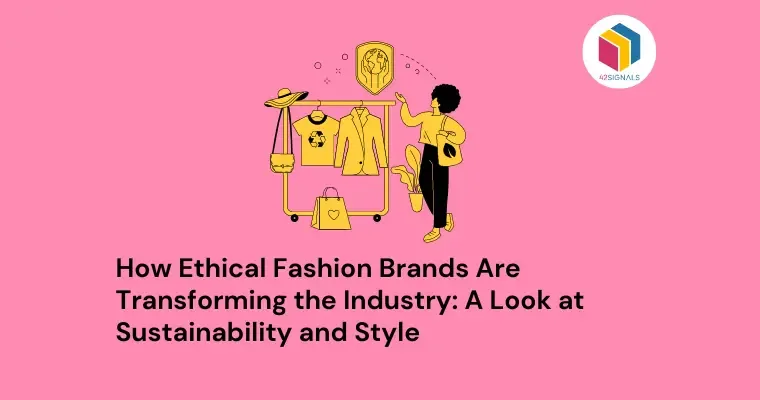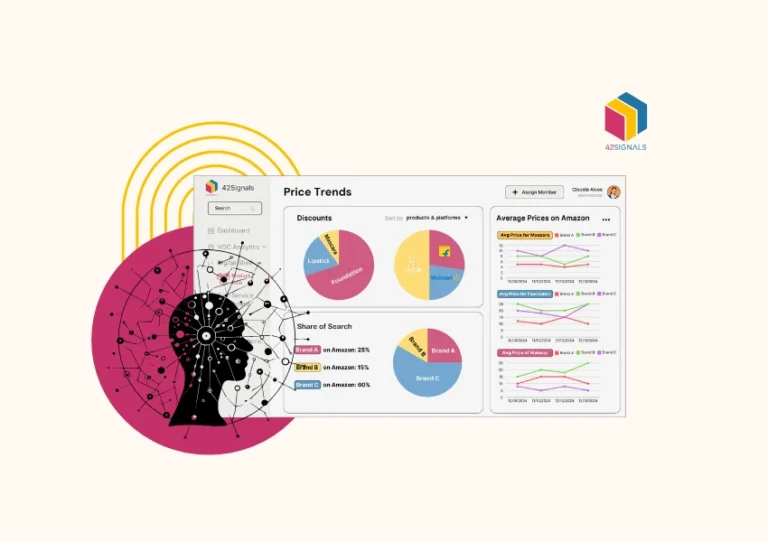Consumers today have become increasingly aware of ethical and sustainable fashion. By becoming more conscious of the impact their purchasing decisions have on the environment and the people involved in the production process, shoppers want to spend their money on ethical fashion brands.
As a result, many brands are shifting their focus to creating clothing that is not only stylish but also ethically made and sustainably produced.
Commitment to Sustainability
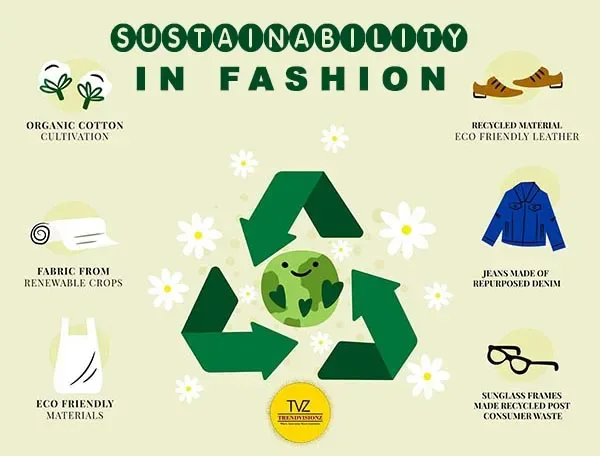
Image Source: Medium
One of the key ways that ethical fashion brands are transforming the industry is through their commitment to sustainability. This means using eco-friendly materials, such as organic cotton, recycled polyester, and other renewable resources.
It also means implementing practices that reduce waste and minimize carbon emissions throughout the entire supply chain.
For example, some brands are using innovative techniques like zero-waste pattern cutting, which involves designing garments in a way that utilizes every piece of fabric to eliminate excess waste.
Others are partnering with suppliers who use renewable energy sources or investing in programs that offset their carbon footprint.
Fair Labor Practices
Another important aspect of ethical fashion is ensuring fair labor practices for all workers involved in the production process. Many fast fashion brands have come under fire for exploiting factory workers in developing countries, paying them low wages and forcing them to work long hours in poor conditions.
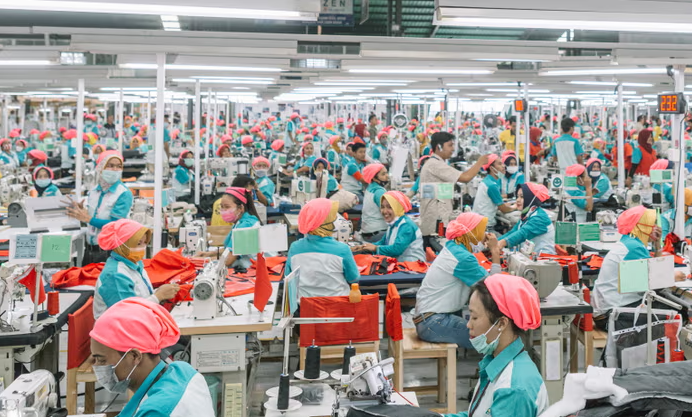
Image Source: The Guardian
Ethical fashion brands, on the other hand, prioritize transparency and accountability when it comes to their supply chains. They ensure that all workers are paid a living wage and have safe working conditions by conducting regular audits and establishing strong relationships with their manufacturing partners.
Innovative and Long-Lasting Fashion
In addition to these practical changes, ethical fashion brands are also challenging traditional ideas about style and beauty.
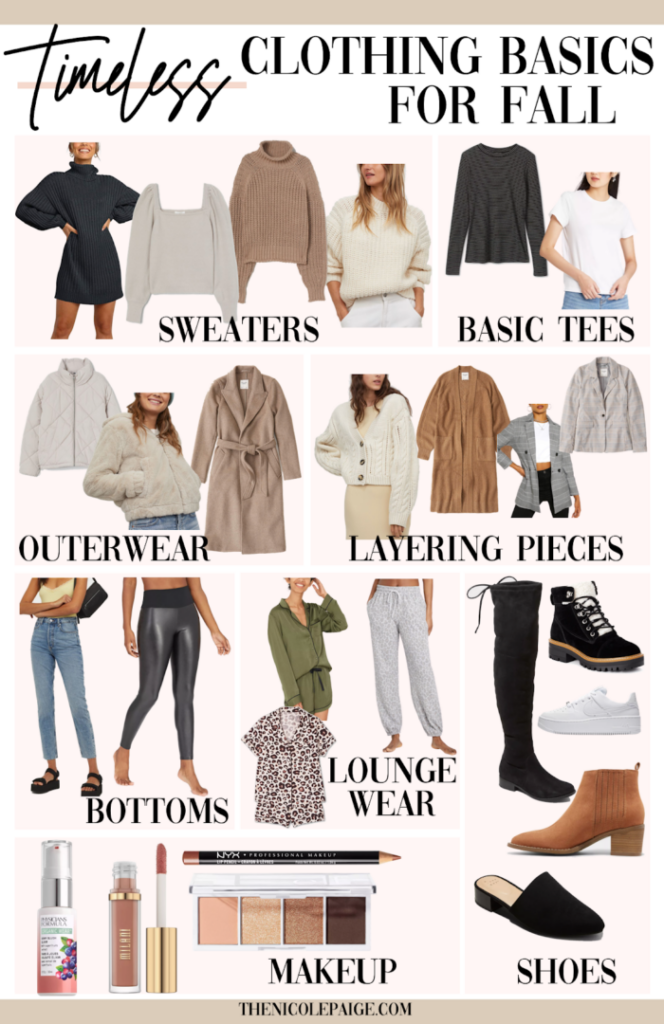
Image Source: Nicole Paige
Rather than following fleeting trends set by mainstream fashion designers, they create timeless pieces that can be worn and loved for years to come. By focusing on quality over quantity, these brands encourage consumers to invest in clothes that will last, rather than contributing to the cycle of disposable fashion that has become so prevalent in today’s society.
Challenges Faced to Become An Ethical Fashion Brand
The rise of ethical fashion is not without its challenges, however. One major obstacle is affordability – eco-friendly materials and fair labor practices often come at a higher cost than conventional methods.
However, as demand for sustainable clothing grows, economies of scale may help drive down prices and make ethical fashion more accessible to a wider audience. Additionally, many consumers are willing to pay a premium for products that align with their values and beliefs.
Another challenge facing ethical fashion brands is educating consumers about the importance of sustainability and ethical production. While awareness around these issues is increasing, there is still a significant portion of the population who are unaware of the negative impacts associated with fast fashion.
By raising awareness and providing transparent information about their practices, ethical fashion brands can help shift consumer behavior and drive demand for more responsible fashion choices.
Conclusion
The step towards becoming an ethical fashion brand takes time, effort and resources. It certainly doesn’t happen in a short time without the right mindset shift – ensuring workers aren’t exploited or the environment takes a beating for it.
We publish brand-related e-commerce insights on our website every week, visit our page for more information.
Frequently Asked Questions
Is H&M Now ethical?
H&M has made significant strides in improving its ethical practices over the past few years. The company has committed to using only recycled or sustainably sourced materials by 2030, and it has implemented various initiatives aimed at promoting fair labor practices throughout its supply chain. However, there are still concerns about worker exploitation and the environmental impact associated with fast fashion, so while H&M has made progress, it cannot yet be considered a fully ethical brand.
Is Zara an ethical brand?
Zara, like many other fast-fashion retailers, has faced criticism for its lack of transparency and reported instances of worker exploitation in its factories. While the company has taken steps to improve its ethical standards, such as implementing a code of conduct for suppliers and investing in more sustainable materials, there is still work to be done. As with any brand, consumers should do their research and make informed decisions based on their values and priorities.
Which brands are most ethical?
Several clothing brands prioritize ethical and sustainable practices. Some of the most well-known include Patagonia, Everlane, Allbirds, and Veja. These companies focus on using environmentally friendly materials, ensuring fair labor practices, and minimizing waste throughout their production processes. It’s important to note that no brand is perfect, but these companies have demonstrated a commitment to ethical practices and transparency that sets them apart from many others in the industry.
Who is the most sustainable fashion brand?
Patagonia is often cited as one of the most sustainable fashion brands due to its longstanding commitment to reducing its environmental footprint. The company uses recycled materials whenever possible, invests in renewable energy sources, and encourages customers to repair and reuse their garments rather than buying new ones. Additionally, Patagonia has been vocal about advocating for policy changes that would benefit the environment, demonstrating a holistic approach to sustainability beyond just its products.
